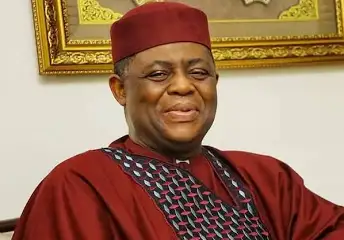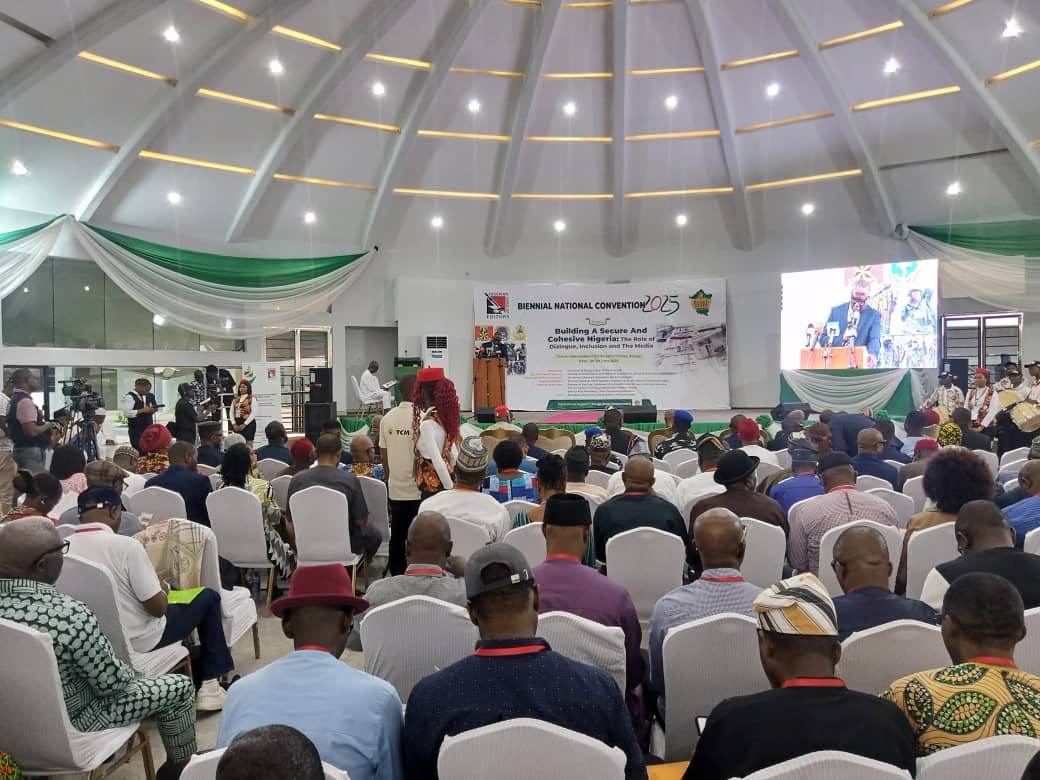Over 80m young Nigerians unemployed – Report

The report further warned that widespread poverty affecting 40.1 percent of Nigerians, or 82.9 million people continues to lock young people out of opportunities.
The report highlighted poor infrastructure, corruption, and digital exclusion as barriers preventing youths from turning ambition into enterprise.
It said that findings from a nationwide, “We Listen Survey”, showed regional variations: unemployment and insecurity dominate in the North Central, banditry and kidnapping in the North East and North West, inflation and underemployment in the South West and South East, and lack of access to education in the South South.
Despite the grim picture, the report said Nigerian youths remain a force for change, particularly in tech and the creative sectors. It called for massive job creation initiatives, vocational training linked to industries, social protection for vulnerable groups, and stronger accountability in governance.
One of its recommendations was for Universal Basic Education to be enshrined as a constitutional right, ensuring no child is denied schooling due to poverty, insecurity, or geography.
Chairman of the House Committee on Youth in Parliament, Hon. Ayodeji Alao-Akala, restated his commitment to advancing youth-focused policies, describing Nigerian youths as the future of the nation.
The lawmaker said the National Assembly had devoted significant time to passing bills and motions aimed at creating a more enabling environment for young people to thrive.
Alao-Akala, who described himself as one of the youthful members of parliament, noted that he remains passionate about ensuring that legislation coming out of the House of Representatives directly impacts young people.
He stressed that policymakers and relevant agencies must ensure the next generation of Nigerians do not experience the same challenges their parents faced.
“Our task as leaders is to make sure the children of tomorrow inherit a country better than what we met, with more opportunities and less hardship,” Alao-Akala said.
The lawmaker assured that his committee would continue to work closely with stakeholders to strengthen youth development programmes and policies that prepare young Nigerians for leadership, innovation, and economic productivity.





